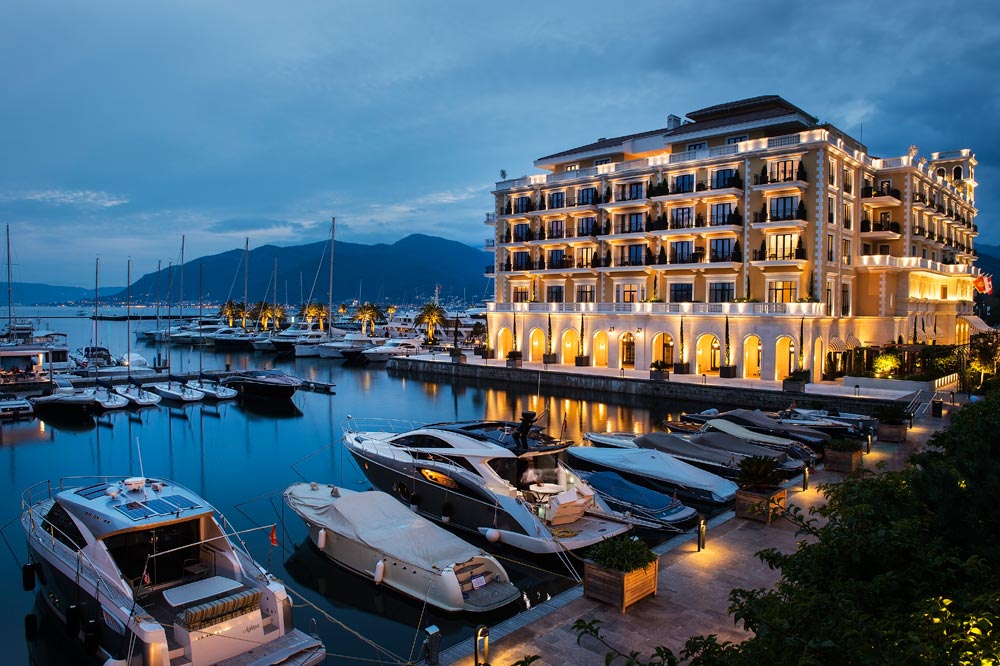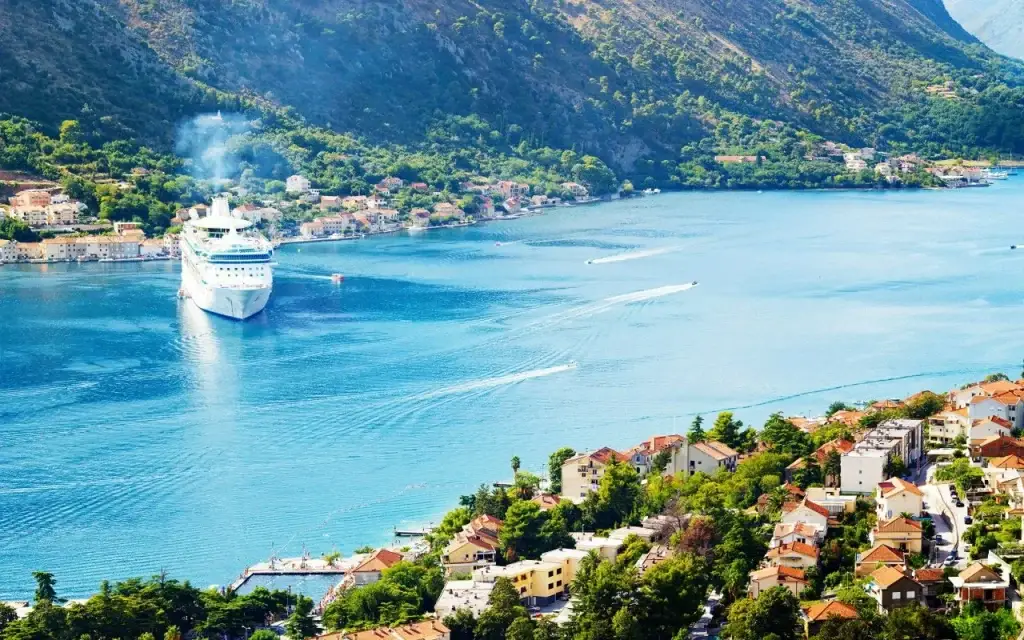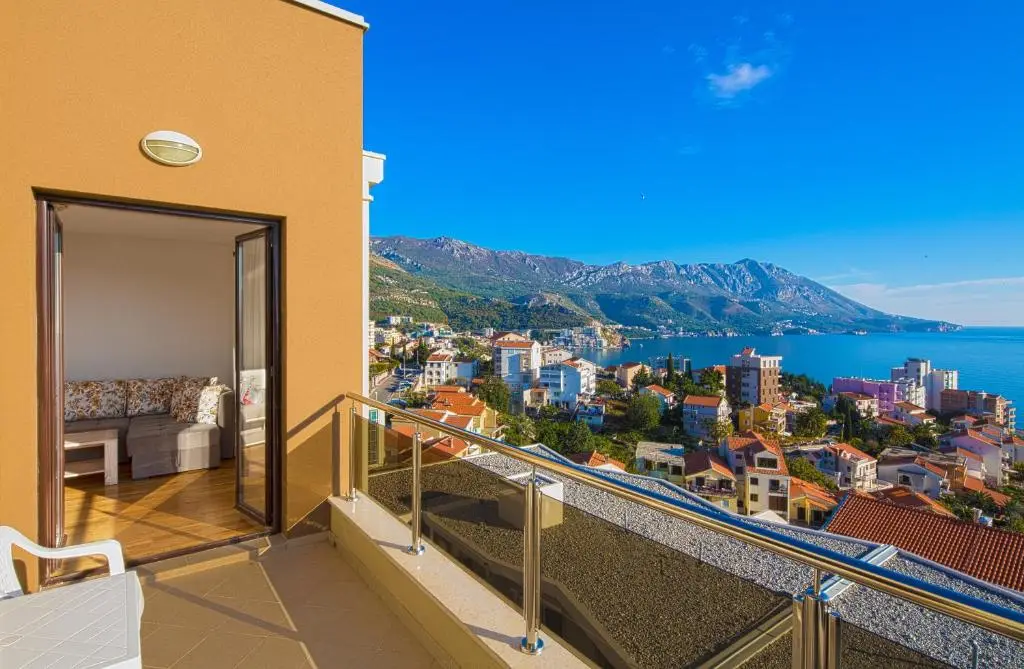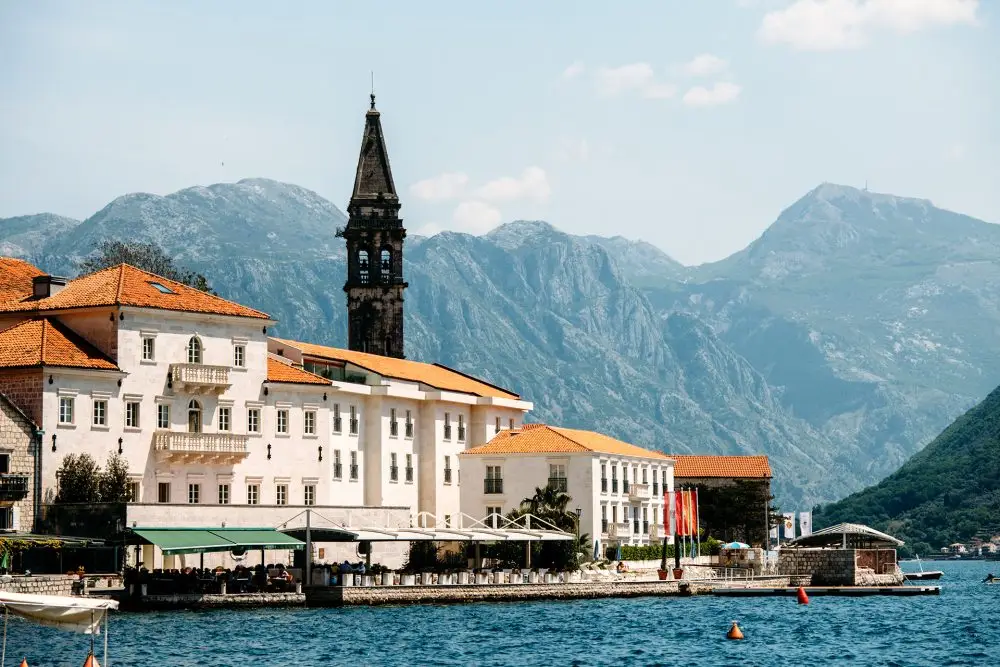The formula “sun + sea + square metres” has long ceased to be associated exclusively with Spain or Italy. In 2025, the focus of investors has confidently shifted to the Adriatic. Buying property in Montenegro has turned from a spontaneous desire into a rational investment model. The reason is the rare combination of transparent rules, stable prices, low entry threshold and a legally understandable process. It does not promise miracles, but offers clear tools: asset, income, status and peace of mind in one transaction.
Why buying property in Montenegro is attractive
The market is changing direction. Southern Europe is no longer associated exclusively with Spain or Italy. Since 2023, the country has been steadily gaining momentum, and buying a home has moved from the category of exotic to a strategic norm. The reason is the symbiosis of visa freedom, tax advantages and geopolitical stability.
From 2022 to 2024, transaction volumes have increased by 38 per cent. The vast majority of transactions are from Russia, Germany, Israel, Turkey and Serbia. The main destinations are Budva, Tivat, Herceg Novi and Bar.
Geography and prices: where, how, how much and why
 Port Tivat offers an elite format – from €4,000 per square metre. Budva holds the balance: €2,800-3,500 in new buildings with infrastructure. Bar remains democratic – €1,800-2,400 per square metre. Podgorica – the administrative centre – is not interested in tourists, but attracts corporate investments.
Port Tivat offers an elite format – from €4,000 per square metre. Budva holds the balance: €2,800-3,500 in new buildings with infrastructure. Bar remains democratic – €1,800-2,400 per square metre. Podgorica – the administrative centre – is not interested in tourists, but attracts corporate investments.

Property prices in Montenegro depend on the proximity to the sea, the number of storeys, the condition of the object and infrastructure. In 2025, the average purchase cheque is about €210,000 for a one-bedroom flat on the coast.
Stages of buying a property in Montenegro
Clear structure, minimal bureaucratic noise. The process is standardised, with 6 key steps:
- Site Selection.
- Verification of documents (ownership, absence of debts and encumbrances).
- Signing of the preliminary agreement.
- Notarised.
- Payment.
- Registration in the cadastre.
Each stage is accompanied by a notary, a licensed translator and a lawyer. All settlements are made in euros.
How to register a property in Montenegro
The notary certifies the sale and purchase agreement and sends it to the Cadastre and State Registration Centre. The following documents are required at the time of purchase:
- Passport.
- Passport (for foreigners).
- TIN.
- Extract from the cadastre.
- Contract of sale.
- Certificate of No Encumbrances.
The process is completed by registration in the Housing Registry, after which the title is issued. The term is up to 10 working days. When purchasing an object from a legal entity – 21% VAT is charged.
Real costs of the transaction
The financial part is not limited to the price of the object. Each contract is accompanied by an additional burden:
- Notary services: 0.01-0.05% of the value.
- Legal support: €500-1,000.
- Interpreter: €30-€100 per hour.
- Registration fee: €50-€150.
- Annual property tax: 0.1-1%.
All costs are dependent on the specific municipality. There are no hidden commissions or mandatory agency fees – the market works transparently.
Peculiarities of the right: how to avoid encumbrances
Property inspections are a cornerstone. Before the transaction, it is imperative to make sure that there are no:
- of litigation;
- mortgages;
- arrests;
- hereditary risks.
Buying a property in Montenegro is allowed only if the history of the property is “clean”. Any encumbrance is recorded in the cadastre, which is available online. A request is processed in 24 hours.
Why investing: not a holiday, but a strategy
Property investment in Montenegro is an alternative to bank deposits and the stock market. Rental income on the coast – from 6% per annum. High season (June-September) provides loading up to 90% on short-term rentals. The cost of housing in the country since 2021 has increased by 21%.

In comparison, a flat in Croatia or Greece will bring 4-5% yield with a higher entry threshold and taxes.
Residence permits and more
Immigration to Montenegro through real estate is a simple and effective way. If you purchase an object from €50 000, you get a temporary residence permit for a year with the right to extend it. After 5 years – the opportunity to apply for permanent residence, and after another 5 years – citizenship.
From 2025, there is a simplified scheme for obtaining status for investors. It includes an accelerated background check and digital submission of documents.
Buying property in Montenegro: how not to make a mistake
It is important to strictly follow the instructions and the algorithm of actions. Violations may result in refusal to register the property or blocking the transaction. To reduce the risks, lawyers recommend:
- Verify the authenticity of all documents.
- Ensure that cadastral data is up to date.
- Verify that the translation of the contract is correct.
- Use only licensed professionals.
Professional support allows you not just to buy property in Montenegro, but to conduct the transaction without legal risks and financial losses.
How the owners of the Balkan state live
Life in Montenegro combines the measured rhythm of the coast and European-level infrastructure. Utilities are 2-3 times cheaper than in Western Europe. The level of security remains consistently high. Food, medicine, transport – within the affordable budget.
Buying property in Montenegro opens access to business, rent, residence permit. And most importantly – to a life without fuss in conditions of comfort and adequate regulation.
Conclusion
 Buying property in Montenegro in 2025 is a conscious investment move that combines stability, profitability and comfort. The market is showing moderate growth, laws remain liberal and rentals retain potential. With the right approach, the purchase turns into a working asset.
Buying property in Montenegro in 2025 is a conscious investment move that combines stability, profitability and comfort. The market is showing moderate growth, laws remain liberal and rentals retain potential. With the right approach, the purchase turns into a working asset.
 en
en  ru
ru  de
de  ar
ar  es
es  nl
nl  hi
hi  fr
fr  it
it  pt
pt  el
el 










